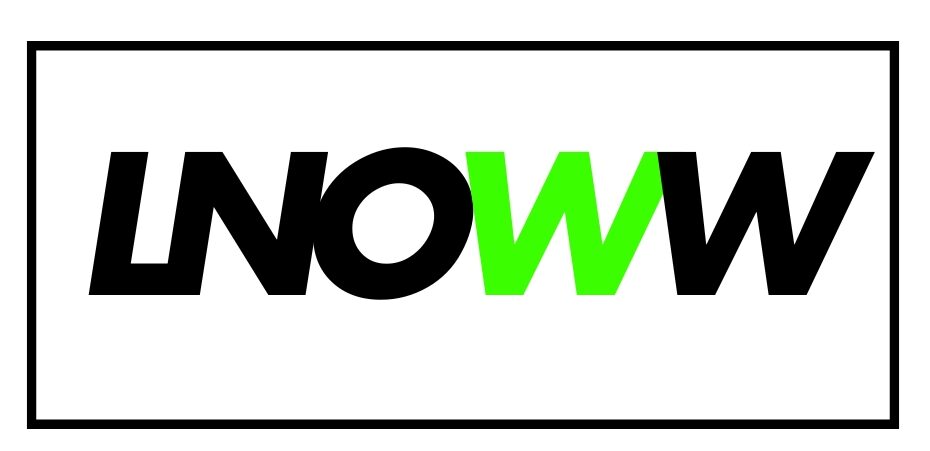In the world of personal finance, the decision to take out a loan can be a complex and nuanced one. While loans can provide access to essential resources or enable the pursuit of important goals, they also come with risks and responsibilities that must be carefully considered. This article aims to explore the various scenarios where loans may be a prudent choice, as well as the factors to weigh when making this important financial decision.
Financing Major Purchases
One of the most common situations where loans can be a sensible option is when financing large purchases or investments. Some examples include:
Home Mortgages
Purchasing a home is often the biggest financial decision an individual or family will make. Given the high cost of real estate, very few people have the liquid assets to pay for a home outright. A mortgage loan allows buyers to spread the cost over an extended period, making homeownership accessible to a wider range of people.
Mortgage loans typically offer lower interest rates compared to other types of loans, and the interest paid can be tax-deductible, further enhancing the financial benefits. Additionally, home ownership can be an investment that builds long-term wealth through appreciation in property values.
Vehicle Loans
Vehicles, whether new or used, represent a significant expense for most households. Taking out an auto loan can make the purchase of a reliable vehicle more affordable, allowing buyers to spread the cost over time rather than needing to pay the full amount upfront.
Auto loans often have relatively low interest rates, and the interest may be tax-deductible if the vehicle is used for business purposes. Additionally, financing a vehicle can help preserve cash reserves for other financial goals or unexpected expenses.
Education Financing
The cost of higher education continues to rise, making student loans a necessary consideration for many prospective students. Federal student loans, such as Direct Subsidized and Unsubsidized Loans, as well as private student loans, can provide the needed funding to cover tuition, fees, and other educational expenses.
Student loans can be advantageous as they often offer more favorable terms, such as income-driven repayment plans and potential forgiveness programs, compared to other types of loans. Additionally, the interest paid on student loans may be tax-deductible, further enhancing the financial benefits.
Consolidating Existing Debt
Another scenario where loans can be a prudent choice is in the context of debt consolidation. This involves taking out a new loan to pay off multiple outstanding debts, often with the goal of simplifying repayment and potentially reducing the overall interest burden.
Debt Consolidation Loans
Debt consolidation loans, such as personal loans or balance transfer credit cards, can be beneficial in several ways. They can provide a lower, fixed interest rate compared to the variable or higher rates associated with credit card debt or other high-interest loans. This can result in lower monthly payments and a faster path to becoming debt-free.
Additionally, debt consolidation can simplify the repayment process by combining multiple payments into a single, manageable one. This can make it easier to stay on top of payments and avoid missed or late payments, which can further damage one’s credit.

Home Equity Loans or Lines of Credit
For homeowners, using the equity built up in their property can be a strategic way to consolidate debt. Home equity loans and home equity lines of credit (HELOCs) typically offer lower interest rates than other types of loans, making them an attractive option for debt consolidation.
The interest paid on home equity loans and HELOCs may also be tax-deductible, providing an additional financial benefit. However, it’s important to note that these types of loans use the borrower’s home as collateral, meaning the home could be at risk if the loan is not repaid as agreed.
Funding Unexpected Expenses
Life is full of unexpected events, and loans can sometimes be a necessary tool to help navigate these financial challenges. Situations where loans may be appropriate include:
Medical Emergencies
Unexpected medical expenses, such as hospital bills, rehabilitation costs, or the need for specialized treatment, can quickly deplete an individual’s or family’s savings. Personal loans or medical loans can provide the necessary funding to cover these unanticipated costs, allowing the borrower to focus on their health and recovery without the added stress of financial hardship.
Home Repairs or Renovations
Homeowners may occasionally face the need for major home repairs or renovations, such as a new roof, HVAC system, or extensive remodeling. Home equity loans, HELOCs, or personal loans can be used to finance these projects, spreading the cost over time and potentially increasing the home’s value.
Vehicle Breakdowns or Replacements
When a vehicle unexpectedly breaks down or reaches the end of its useful life, a car loan can help cover the cost of repairs or the purchase of a replacement vehicle. This can be especially important for individuals who rely on their car for work or other essential transportation needs.
In these situations, loans can provide a means to address the financial implications of unexpected events, helping to maintain financial stability and prevent further disruptions to one’s life.
Leveraging Opportunities
In some cases, loans can be a tool to leverage and capitalize on beneficial opportunities that arise. Examples include:
Entrepreneurial Ventures
Individuals with a promising business idea or the desire to start their own venture may require startup capital to get their enterprise off the ground. Small business loans, personal loans, or even crowdfunding can provide the necessary funding to turn an entrepreneurial dream into reality.
Accessing this capital through loans can enable entrepreneurs to invest in equipment, inventory, marketing, or other essential business expenses, potentially leading to long-term financial success and wealth creation.
Investment Opportunities
Savvy investors may sometimes identify lucrative investment opportunities, such as real estate, stocks, or alternative assets, that require more capital than they currently have available. In these cases, taking out a loan, such as a margin loan or a portfolio loan, can provide the needed funds to capitalize on the investment, potentially yielding significant returns.
It’s important to note that leveraging loans for investments carries additional risks, and the potential benefits must be weighed against the potential for loss. Thorough research and understanding of the investment and the loan terms are crucial.
Education or Career Advancement
In some cases, taking out a loan to fund additional education or professional development can be a wise investment in one’s future earnings potential. This might include pursuing a graduate degree, obtaining specialized certifications, or engaging in other forms of continuing education.
The increased knowledge and skills gained through this type of investment can lead to higher-paying job opportunities, promotions, or the ability to command a higher salary, potentially offsetting the cost of the loan over time.
Considerations When Evaluating Loans
While loans can be a valuable financial tool in various situations, it’s essential to carefully consider several factors before taking on additional debt. Some key considerations include:
Interest Rates and Fees
The interest rate and associated fees of a loan can have a significant impact on the overall cost and affordability of the debt. Borrowers should shop around, compare offers from multiple lenders, and aim for the lowest possible interest rate and minimal fees.
Loan Terms and Repayment Schedule
The length of the loan and the repayment schedule can also affect the financial burden. Longer-term loans, such as 30-year mortgages, may have lower monthly payments but result in more interest paid over the life of the loan. Shorter-term loans, conversely, may have higher monthly payments but less total interest paid.
Impact on Credit and Debt-to-Income Ratio
Taking on additional debt can affect an individual’s credit score and debt-to-income ratio, which are important factors considered by lenders. Borrowers should carefully assess the potential impact of a new loan on their overall financial health and creditworthiness.
Ability to Repay
Perhaps the most crucial consideration is the borrower’s ability to comfortably make the required loan payments. This involves evaluating one’s current and projected income, expenses, and other financial obligations to ensure the new loan can be serviced without undue financial strain.
Alternative Financing Options
Before committing to a loan, it’s important to explore alternative financing options that may be more suitable, such as saving up for a purchase, seeking assistance from family or friends, or exploring government or nonprofit programs designed to provide financial support.
By carefully weighing these factors, individuals can make informed decisions about whether taking out a loan is the right choice for their unique financial situation.
Conclusion
Loans can be a valuable financial tool in various situations, from financing major purchases and consolidating existing debt to funding unexpected expenses and leveraging beneficial opportunities. However, the decision to take on additional debt should not be made lightly.
Borrowers must carefully consider the interest rates, loan terms, impact on their credit and financial well-being, and their ability to make the required payments. By thoroughly evaluating the pros and cons, individuals can determine whether a loan is a prudent choice that aligns with their long-term financial goals and objectives.
Ultimately, the decision to use loans should be based on a comprehensive understanding of one’s financial circumstances and a thought

